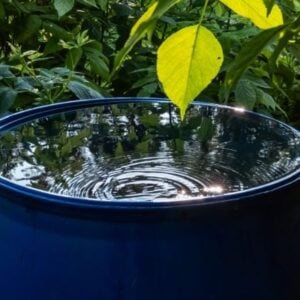His Majesty, King Mswati III of Eswatini, has emphasized the urgent need for collective action to tackle persistent water challenges across Africa. Speaking at the African Union – Africa Water Investment Programme (AU-AIP) Water Summit 2025 at the Cape Town International Convention Centre, the King highlighted water’s central role in Eswatini’s national development, supporting agriculture, industrial growth, public health, and climate resilience.
King Mswati noted that, like many African nations, Eswatini faces pressures from aging infrastructure, rising water demand, and climate change impacts. He stressed that shared rivers with South Africa and Mozambique demonstrate the transboundary nature of water security, calling for regional cooperation, integrated planning, and substantial investment in sustainable infrastructure.
The King endorsed the continental Africa Water Investment Programme (AIP), describing it as a transformative initiative to mobilize the estimated US$30 billion needed annually to close Africa’s water investment gap. He highlighted how the AIP aligns with Eswatini’s national development plan, climate adaptation priorities, SDG 6 on universal access to water and sanitation, and Agenda 2063’s vision of a prosperous, united Africa.
Nationally, Eswatini has several water projects underway, including the Lubovane and Luphohlo Dams for irrigation and clean water. Plans for the Mpakeni Dam, expected to be among the largest in the country, aim to strengthen water supply and agriculture. Supported by the African Union, the Global Water Partnership Southern Africa, and the Green Climate Fund, the Eswatini Water Investment Programme is being developed for completion by 2035, featuring initiatives such as the Nondvo Multipurpose Dam and the Raising of the Hawane Dam, requiring an estimated US$115 million. Additionally, the country’s WASH Master Plan, with a projected cost of US$2 billion, seeks to improve access to clean water, sanitation, climate resilience, and economic opportunities.
King Mswati highlighted regional cooperation with South Africa and Mozambique, including the Maguga and Driekoppies Dams, which have bolstered agriculture, and cross-border initiatives ensuring equitable use of the Incomati and Maputo rivers. Through the SADC Regional Fund, Eswatini has also launched the Lomahasha–Namaacha Project to supply clean water to communities in both countries. Several other dam projects are at a bankable stage, having completed technical feasibility studies.
The King called on development partners—including financial institutions, private investors, and multilateral organizations—to support Eswatini’s water security ambitions. He reaffirmed the country’s commitment to transparency and accountability, pledging support for the Africa Water Investment Scorecard to track performance and ensure measurable outcomes. On the sidelines of the summit, King Mswati met with President Cyril Ramaphosa, where both leaders affirmed strong political and trade ties between their nations.






